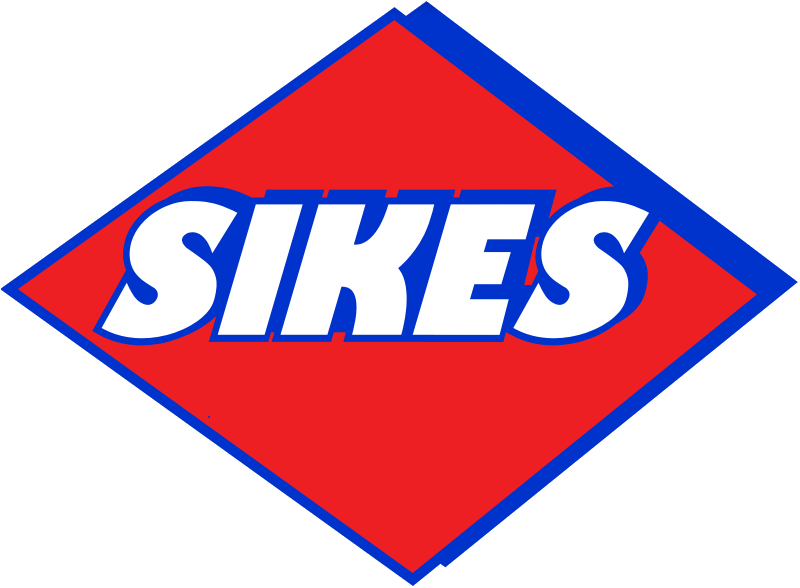FLEET | SIKES CONCRETE
What is Fleet?
A fleet is a collection of vehicles, commonly owned or managed by a business or government entity, employed for transportation, deliveries, or other associated tasks. This term can also encompass the oversight of these vehicles, such as monitoring, upkeep, and coordinating their usage. Efficient fleet management is a critical aspect of many businesses, including commercial concrete contractors, equipment operators, hauling and material delivery services, short-load providers, and ready-mixed concrete suppliers. By streamlining resource utilization and minimizing expenses, fleet management plays a vital role in ensuring the success of these businesses.
Types of Fleet
Automotive Fleet
This type of fleet is made up of vehicles used for personal or business transportation, such as cars, trucks, and vans. Automotive fleets can be owned or leased by businesses and can include both personal and commercial vehicles.
Delivery Fleet
This type of fleet is made up of vehicles used for deliveries, such as delivery trucks, vans, and cargo vehicles. Delivery fleets are essential for many businesses, including e-commerce companies, food delivery services, and parcel delivery services.
Public Transportation Fleet
This type of fleet is made up of vehicles used for public transportation, such as buses and trains. Public transportation fleets are operated by government agencies and are an important aspect of many cities' transportation systems.
FLEET MANAGEMENT AND ITS BENIFITS
Improved Efficiency
By using fleet management systems, businesses can improve the efficiency of their vehicles and reduce the amount of time and resources spent on managing them. This can help to reduce costs and improve productivity.
Better Maintenance
Fleet management systems can also help businesses to track the maintenance and repair needs of their vehicles, ensuring that they are kept in good working order. This can help to reduce the risk of breakdowns and improve the safety of vehicles.
Increased Safety
By using fleet management systems, businesses can also monitor the driving habits of their employees, helping to reduce the risk of accidents and improve the safety of both drivers and other road users.
Better Customer Service
By using fleet management systems, businesses can also improve the speed and efficiency of their deliveries, helping to improve customer satisfaction and increase repeat business.
Fleet Management Solutions
GPS Tracking
GPS tracking systems can be used to track the location and movement of vehicles, helping businesses to monitor their fleet and improve efficiency.
Telematics
Telematics systems can be used to gather data on the performance of vehicles, including fuel consumption, speed, and engine performance. This data can then be used to improve the efficiency of vehicles and reduce costs.
Maintenance Management
Maintenance management systems can be used to track the maintenance and repair needs of vehicles, helping businesses to ensure that their fleet is kept in good working order.
Driver Management
Driver management systems can be used to monitor the driving habits of employees, helping businesses to reduce the risk of accidents and improve the safety of their fleet.
Conclusion
Fleet management is an important aspect of many businesses, helping to ensure the efficient use of resources and reduce costs. By using fleet management systems, businesses can track the location and movement of vehicles, gather data on their performance, and monitor the driving habits of employees. This can help to improve efficiency, reduce the risk of accidents, and improve customer satisfaction.
Featured Blogs
SIKES CONCRETE INC.
8030 FL-77, Southport, FL 32409
850-265-4564





